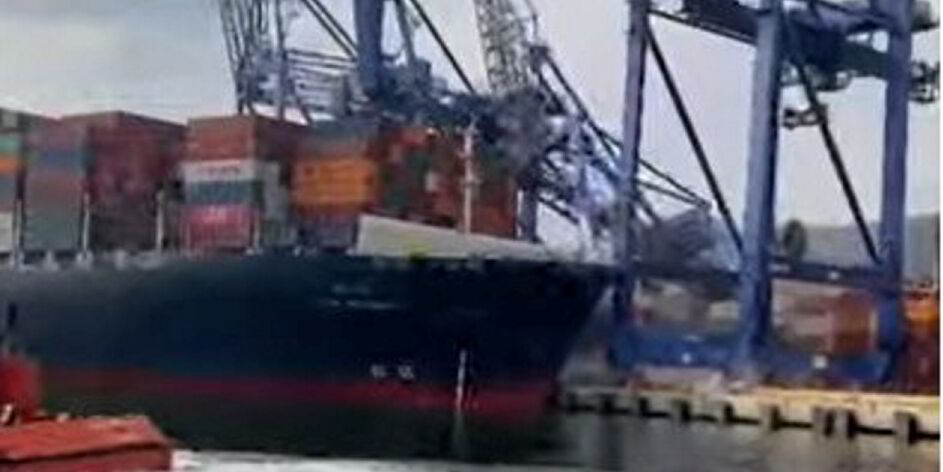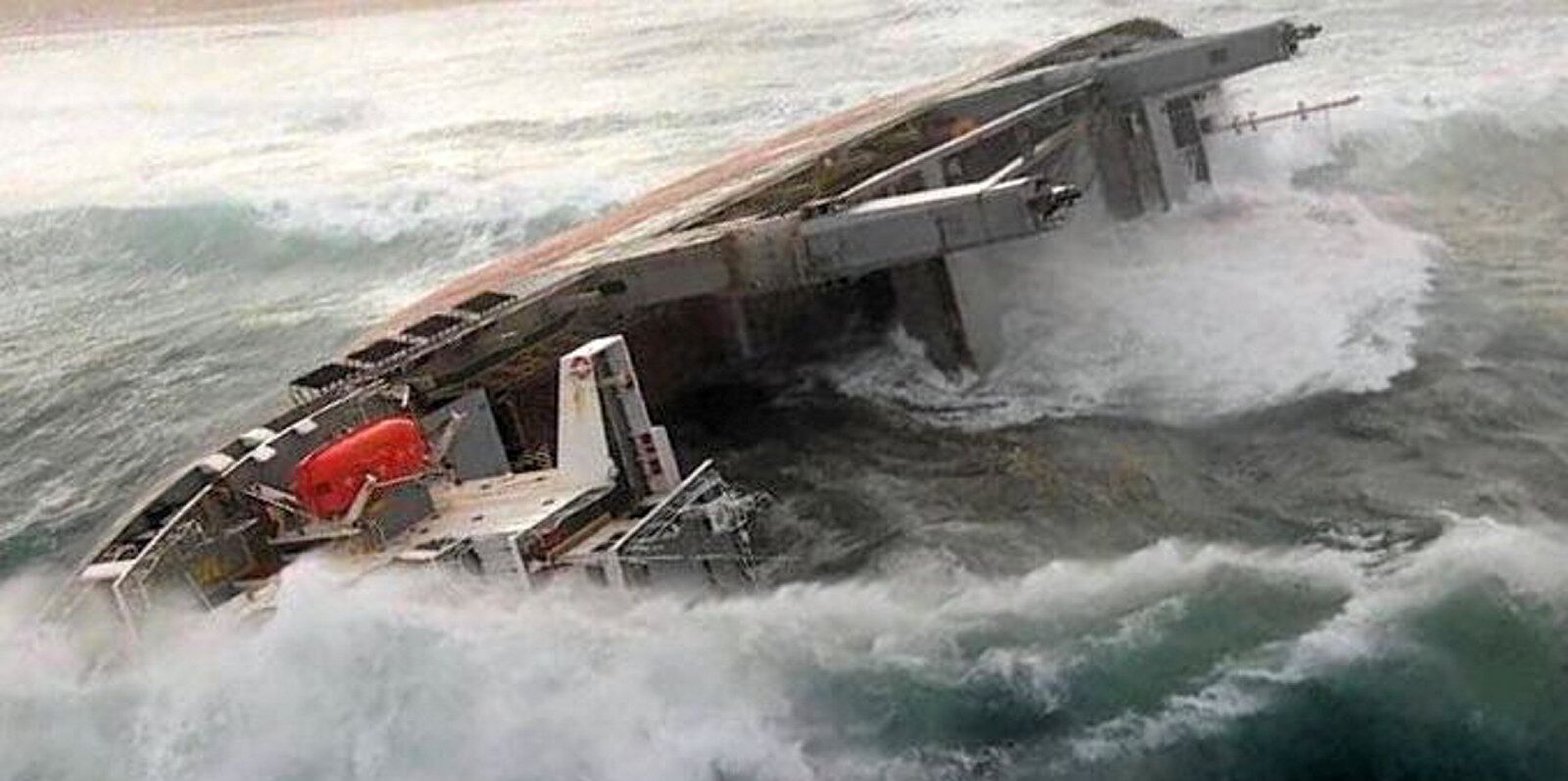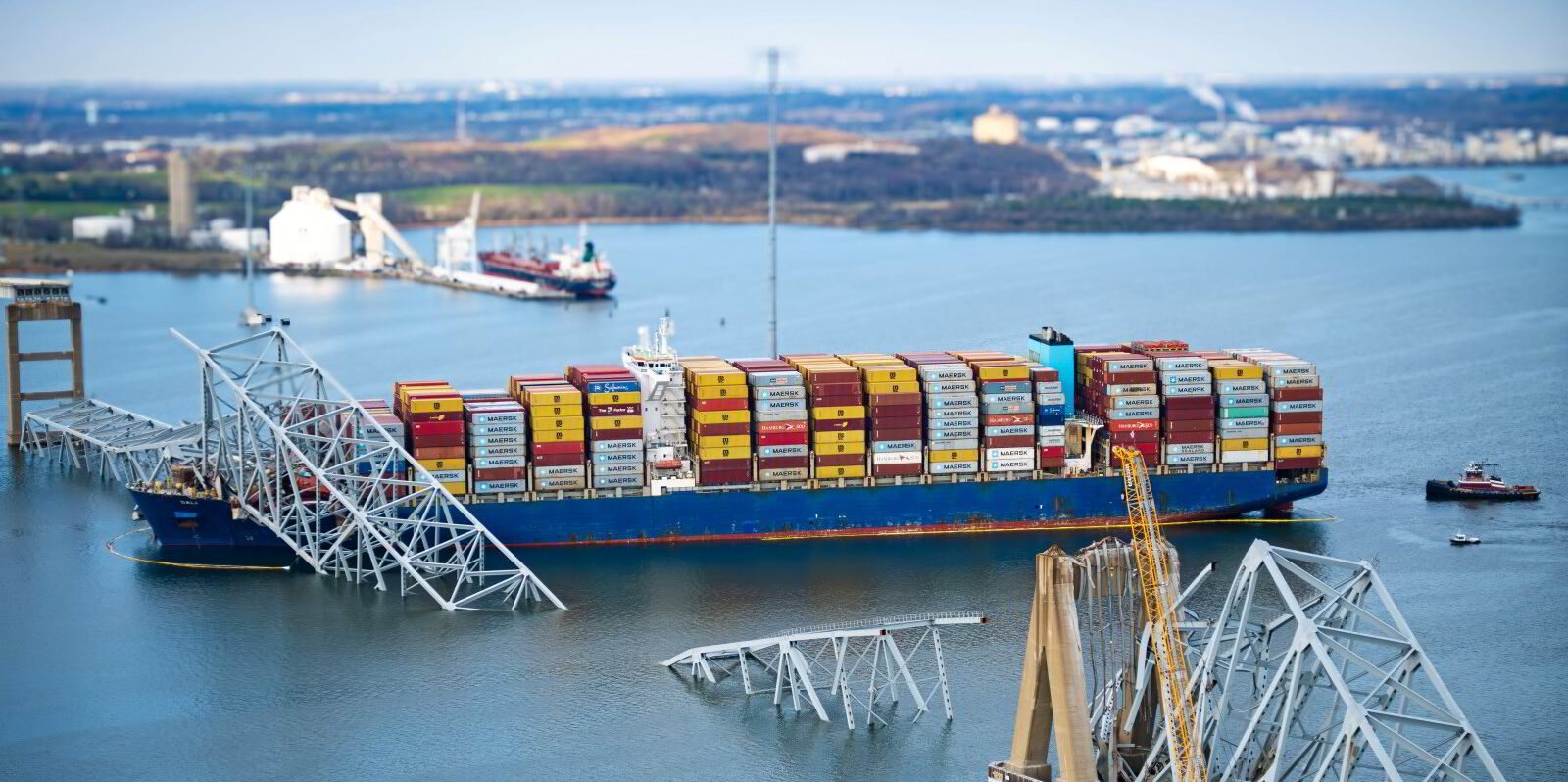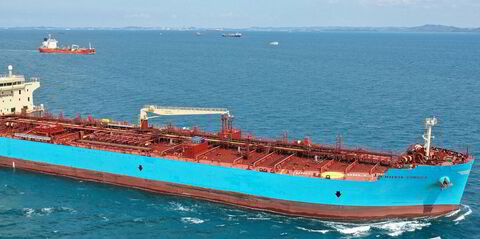Some shipowners face steep premium increases at the 2025 renewal, according to an update from insurance broker Aon.
The big 12 protection and indemnity clubs are unlikely to break ranks and publicly announce general increases outside of the estimated 5% to 7.5% range for the February annual renewal.
However, they will aim for higher increases in negotiations with members outside of the best-performing companies, said Aon.
The approach is adopted in most years but has been highlighted by the broker for this round after a year of significant differences between the performances of members of the International Group of P&I Clubs.
While market leader Gard has announced a mid-year underwriting profit and investment returns that will add to its $1.5bn reserves, the American Club said its combined ratio for the first four months of the policy year was 107%, representing an underwriting loss.
The clubs have also been hit by at least 10 pool claims — each representing losses of between $10m and $100m — that will cost much more than in 2022 and 2023, said the update.
Several clubs are also making underwriting losses so far this year, said Aon, putting pressure on to squeeze additional premiums from members, which could lead to big differences between the worst and best-performing clubs.
“Clubs often don’t want to appear out of sync with others, so they may ask for similar rates publicly but aim for higher increases during individual renewals,” said Aon’s P&I bulletin.
“This approach can be frustrating and lead to a breakdown in communication with members.”
The increased number of big claims has tempered expectations of limited or no premium increases in 2025.
The biggest claim followed the destruction of a bridge in Baltimore, Maryland, and the deaths of six construction workers after it was hit by the 9,962-teu container ship Dali (built 2015) in March. That will be a pool claim regardless of whether shipowner Grace Ocean and manager Synergy Marine are able to limit their liability to less than $44m.
Another major claim is expected from the grounding of the 13,800-dwt Ultra Galaxy (built 2008) off the western coast of South Africa in July.
The bulker, which has P&I cover with NorthStandard, broke up during harsh weather, leading to the release of oil onto a beach.
NorthStandard also provided cover for another expected pool claim from March, when a Yang Ming container ship, the 14,100-teu YM Witness (built 2015), demolished three cranes during a docking manoeuvre at Kocaeli’s Evyapport in Turkey.
Another pool claim is expected following an explosion on another Yang Ming container ship in the Chinese port of Ningbo.
Shockwaves were felt a kilometre away after a container of lithium batteries and other dangerous substances exploded during a heatwave in August, according to authorities.
P&I cover for the 6,589-teu YM Mobility (built 2021) was supplied by Britannia, which is also the insurer for the Dali disaster.

Aon said reinsurance costs are also likely to rise by 10% to 15%, even without a conclusion to the Dali claim to limit liability.
That is lower than some estimates. Broker Marsh said they could rise by up to 20%.
With estimates around the $2bn mark for the Dali disaster, most of the cost will fall on the International Group’s reinsurers if the court limitation bid is unsuccessful. That would in turn push up reinsurance costs for the International Group.
If Grace Ocean and Synergy Marine win their case, the US taxpayer and other insurers will pick up the bulk of the costs.
But the US government and the state of Maryland have opposed the attempt to limit liability and lawyers have told TradeWinds that liability is rarely limited in cases in which there are deaths following maritime accidents.
Read more
- Crackdown on insurance cover could see ships banned from India’s ports
- DP World unveils $1.3bn plan to upgrade London container port
- UK oil price cap probes top 50 and still no fines for Russia-linked activity
- Braemar shares slide after report shines spotlight on Russian shadow fleet deals
- UK crackdown on Russia-linked tankers to be reviewed under pressure from insurers




